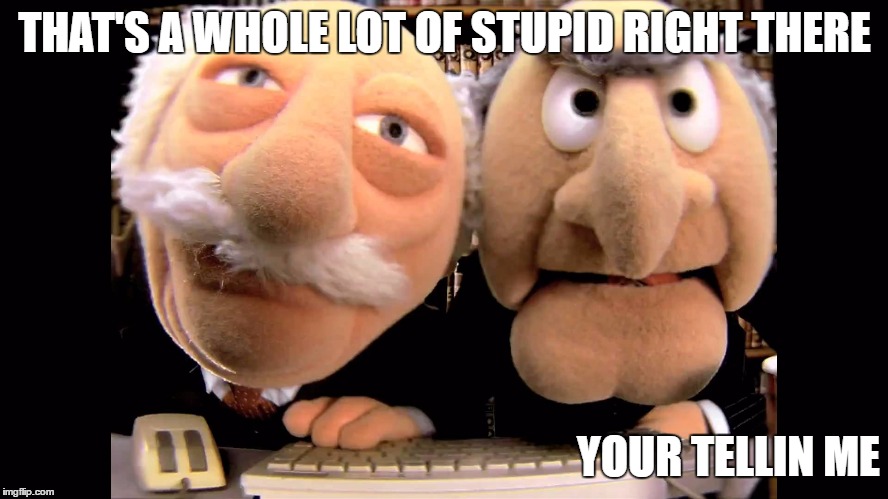AProudLefty
The remora of JPP
AI Overview



+16
Yes, Italian fascism, led by Benito Mussolini, was a far-right political ideology characterized by authoritarianism, nationalism, and a rejection of liberal democracy and socialism. While fascism drew on some left-wing organizational tactics, its core tenets—including an emphasis on a strong leader, national unity, and traditional social hierarchies—firmly placed it on the right of the political spectrum, specifically the far-right.
+16
Yes, Italian fascism, led by Benito Mussolini, was a far-right political ideology characterized by authoritarianism, nationalism, and a rejection of liberal democracy and socialism. While fascism drew on some left-wing organizational tactics, its core tenets—including an emphasis on a strong leader, national unity, and traditional social hierarchies—firmly placed it on the right of the political spectrum, specifically the far-right.




